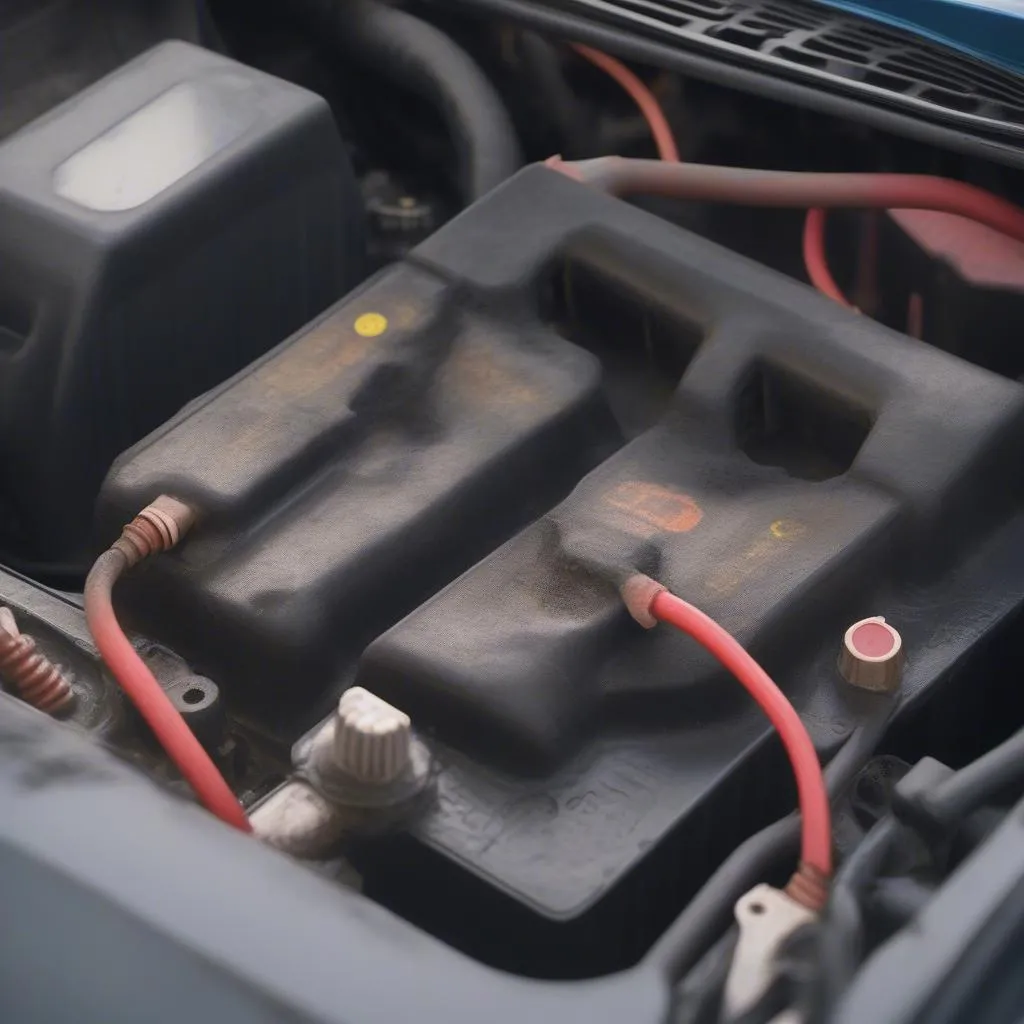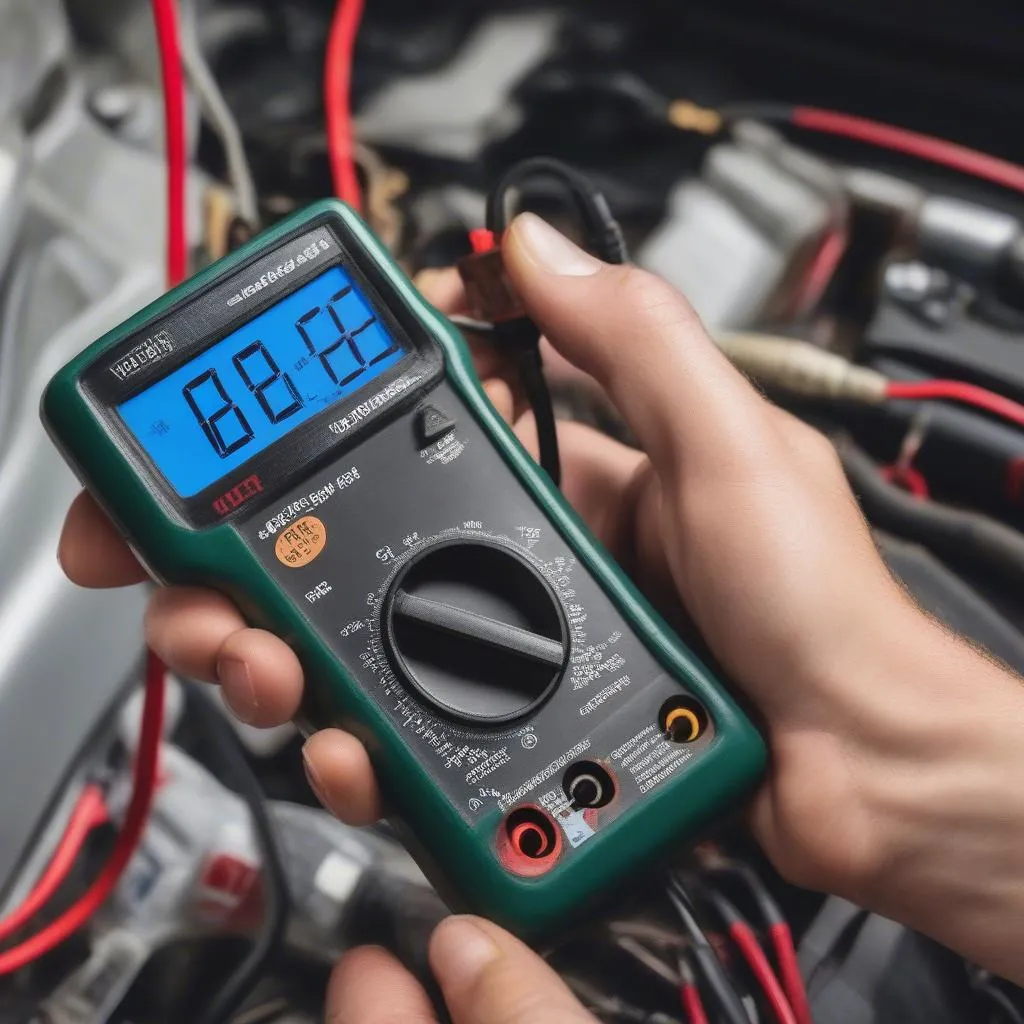Ever walked out to your car on a chilly morning, turned the key, and…nothing? Just a disheartening click or a groan from the engine bay? That, my friend, could be the telltale sign of a dying battery. But how can you be sure? Let’s dive in and diagnose the health of your car’s heart – the battery.
Understanding Your Battery: More Than Just Starting Your Car
As a mechanic, I often find people think of the battery as just the “starter” for their car. While it’s true the battery provides the initial jolt to crank your engine, it does so much more!
Think of your battery as the beating heart of your car’s electrical system. From powering your headlights and radio to keeping your engine control unit (ECU) humming, the battery is essential. It even plays a crucial role in ensuring a smooth flow of power during driving, working in tandem with your alternator.
The Symptoms: Is Your Battery Sending Distress Signals?
Just like a doctor checks your vital signs, there are telltale symptoms of a failing car battery:
1. Sluggish Engine Crank: The most common sign – your engine takes longer to turn over, often accompanied by a slow groaning sound.
2. Dimming Lights and Electrical Issues: Notice your headlights dimming, especially when starting the car? Or are your power windows struggling? These are strong indicators of a weak battery.
3. The “Check Engine” Light: While this light can mean a multitude of things, a failing battery can trigger it due to voltage irregularities.
4. Visual Clues: A swollen or bloated battery case, corrosion around the terminals, or a strong sulfurous smell are definite red flags.
5. Old Age: Just like us, batteries have a lifespan. Most car batteries last between 3 to 5 years. If yours is approaching that age, it might be time for a replacement.
 Battery Visual Inspection
Battery Visual Inspection
“My Car Won’t Start! Is It Definitely the Battery?”
Not always! It’s important to remember that other culprits like a faulty starter motor, a bad alternator, or even loose battery connections can mimic a dead battery.
Consider this: I once had a customer in Austin, Texas, convinced his battery was dead. He’d even bought a new one! Turns out, it was a simple loose connection at the battery terminal. A quick tighten, and he was good to go.
Testing, Testing: How to Know for Sure
1. The Visual Inspection: Start with the obvious – check for any visible signs of damage, corrosion, or swelling around the battery.
2. Voltage Test: A simple voltmeter can tell you a lot. A healthy battery should read around 12.6 volts when the engine is off. Anything significantly lower could indicate a problem.
3. Load Test: This test, usually performed at an auto parts store or mechanic, simulates the load placed on the battery during starting. It’s a more definitive way to assess battery health.
 Battery Voltage Test
Battery Voltage Test
Don’t Get Stranded: Proactive Battery Care
Prevention is always better than cure. Here are some tips to extend your battery’s lifespan:
1. Regular Cleaning: Keep those battery terminals clean and free from corrosion using a baking soda and water solution.
2. Limited Short Trips: Avoid numerous short trips that don’t allow your alternator enough time to fully recharge the battery.
3. Extreme Temperatures: Both extreme heat and cold can shorten a battery’s life. Parking in a garage, whenever possible, can help.
4. Regular Checkups: Make it a habit to have your battery tested during regular maintenance checkups, especially if it’s nearing the 3-year mark.
 Car Battery Maintenance
Car Battery Maintenance